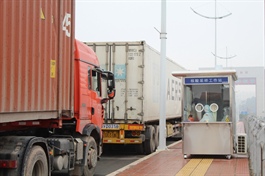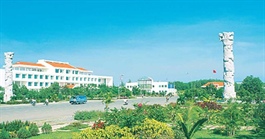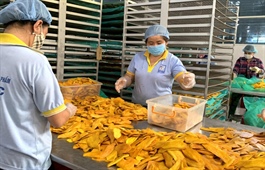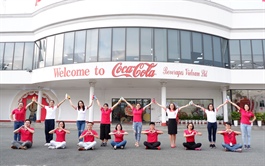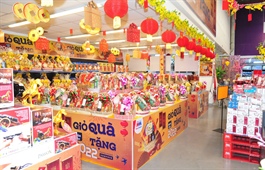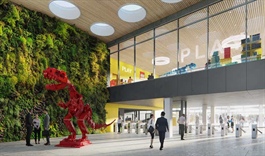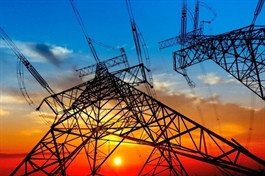Pandemic exposes inadequacies of industrial park infrastructure
Pandemic exposes inadequacies of industrial park infrastructure
The infrastructure of Vietnam’s industrial parks (IPs) failed to meet the needs of workers and manufacturers that arose during the Covid-19 pandemic.
New requests
Vice Chair of Vietnam Chamber of Commerce and Industry (VCCI) Hoang Quang Phong cited statistics of the Ministry of Planning and Investment showing that there are currently 575 IPs in 61 provinces and cities across the country, mostly concentrated in key economic regions. They house thousands of domestic and foreign-invested businesses.
The IPs mainly attract businesses that hire space for production. However, the parks’ infrastructure has not met the needs of their growing numbers, the rapid increase of labor, and development needs of enterprises.
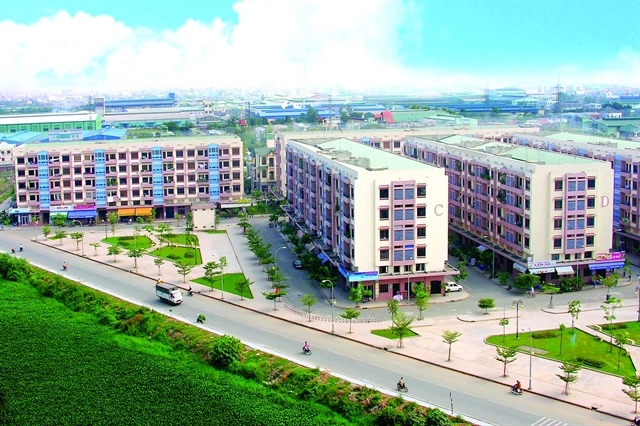
Developing worker housing is an urgent requirement |
The Covid-19 pandemic made these inadequacies glaringly obvious as manufacturers sought to implement government policies requiring workers to live on site in order to avoid spreading the pandemic but could not do so due to lack of proper facilities. Trade competition and shifts in investment are also posing new problems.
Experts have concluded that the development of IPs cannot continue to focus only on providing land and attracting businesses and must switch instead to a specialized and intensive model.
A number of countries in Southeast Asia have established specialized IPs that integrate housing, hospitals, and schools. Such specialized and multi-functional IPs can form a sustainable ecosystem, which would provide ideal conditions to attract and retain investors.
Improving the quality of IPs
Although harmonizing socioeconomic development and environmental protection in industrial development is an inevitable trend, Vietnam’s shift to multi-functional IP models has encountered difficulties mostly due to policy mechanisms.
According to Cao Viet Chuong, General Director of Nhon Trach 6 Industrial Park Service in Dong Nai Province, there are currently no specific guidelines on ecological aspects of IP development. Chuong added that his company would convert into an ecological IP and build an industrial symbiosis network once policies and guidelines are completed and the State has technical support solutions for such conversion.
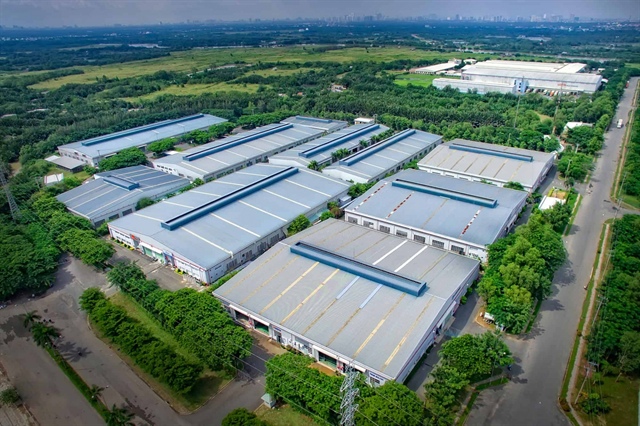
Industrial park planning is associated with urban area development |
Apart from the policy issue, most of the IPs are dated, posing risks of environmental pollution and hampering investment in utility facilities such as housing, hospitals, and schools.
Current law also prevents enterprises from linking with each other to reduce emissions and recycle materials because it clearly stipulates that each manufacturer must sign a contract with a licensed waste treatment or garbage disposal unit, or obtain a permit if they want to reuse wastes.
According to the Ministry of Construction, the law on management and development of IPs is quite complete. In order to provide for better IP development, the state needs to keep reviewing and supplementing relevant legal documents in terms of standards on scale, land use, technical infrastructure suitable to each type of production, and investment attraction requirements.
In addition, the ministry has proposed solutions, and policy mechanisms to pave the way for worker housing, such as having provincial people's committees arrange land to accommodate IP workers (meeting the needs of at least 50 percent of workers with housing needs) and provide essential technical and social infrastructure for housing separately from production and office areas.







